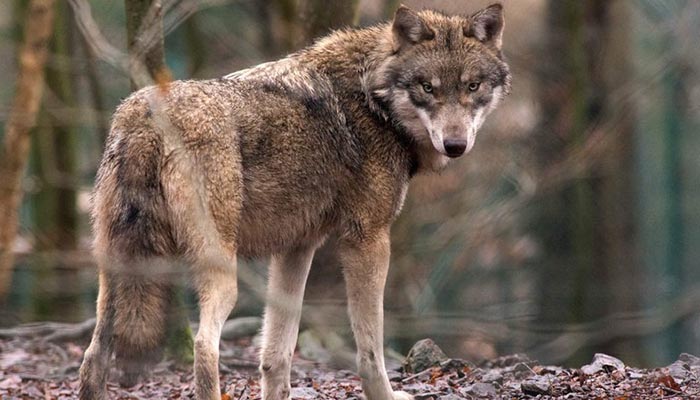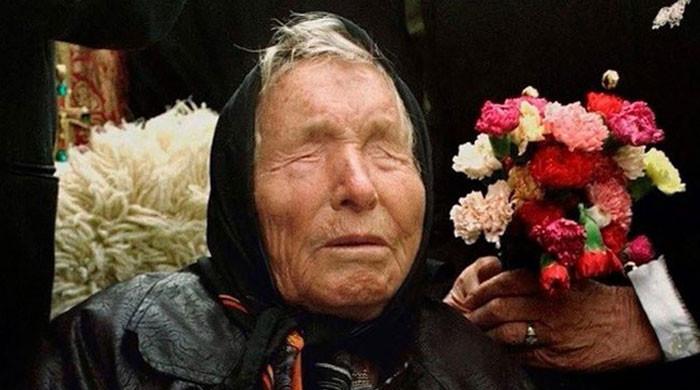Wolf found in northern Belgium, first time in over 100 years
Overhunting, industrialisation and urban sprawl led to disappearance of the wolf from most of Western Europe
January 13, 2018

BRUSSELS: A wild wolf has been found in the northern Belgian region of Flanders for the first time in more than a century, an environmental group said Saturday.
"Our country was the only one in continental Europe to have not been visited by a wolf," since the animal began recolonising the continent, Landschap said.
Overhunting, industrialisation and urban sprawl progressively led to the disappearance of the wolf from most of Western Europe since the beginning of the 20th century.
Since the Bern Convention of 1979, the wolf has gone from public enemy to a protected species as "a fundamental element of our natural European heritage".
In some countries, like Romania and Poland where there have always been wolves, people adapt to treat an attack on sheep "like an accident, like a flock that falls into a ravine", says Farid Benhammou, a specialist on predators.
But in the new zones of wolf colonisation — in France and in some regions of Italy and Spain — there are major tensions, with farmers particularly unhappy at their re-emergence.
The wolf detected in Flanders in early January had an electronic tracker collar around its neck which allowed it to be identified as coming from neighbouring Germany.
The same animal had been spotted around Christmas in the Netherlands, according to Landschap.
"In recent days the wolf has stayed near the Flemish town of Beringen and the military base at Leopoldsburg. The animal has covered 500 kilometres (300 miles) in ten days," the group said.
In 2011 hidden cameras picked up images at night of what was very likely a wolf in the Ardennes region of southern Belgium.
But without any DNA traces, or any further appearances, the sighting could not be confirmed.
Groups in support of biodiversity welcomed the latest news of a wolf detected in Belgium, calling on the government to adopt a strategy to encourage the return of the species to the country on a more permanent basis, including compensation to farmers whose livestock are attacked.









